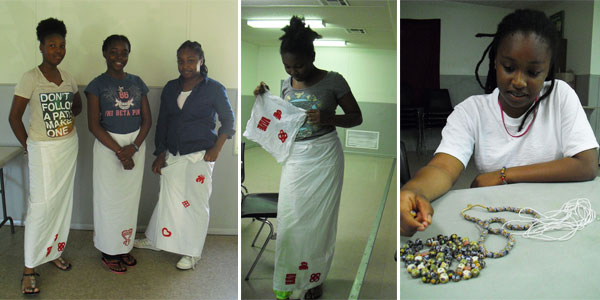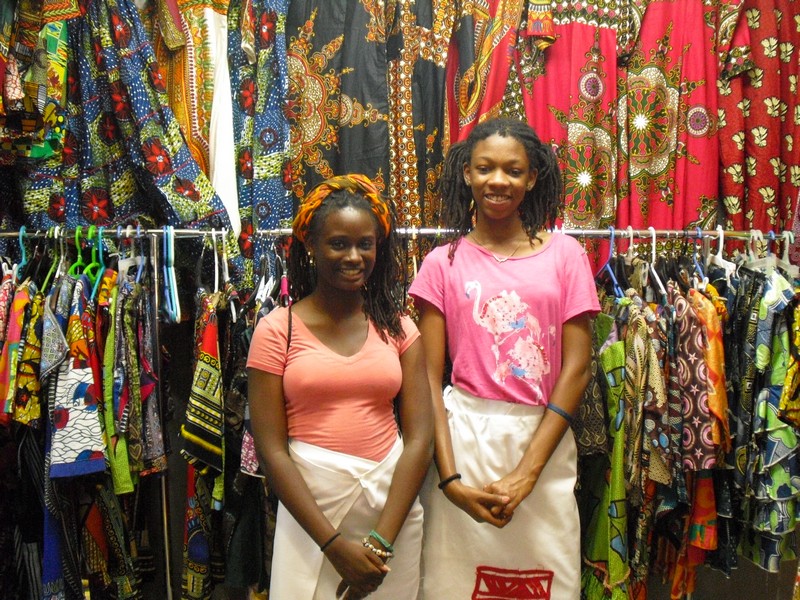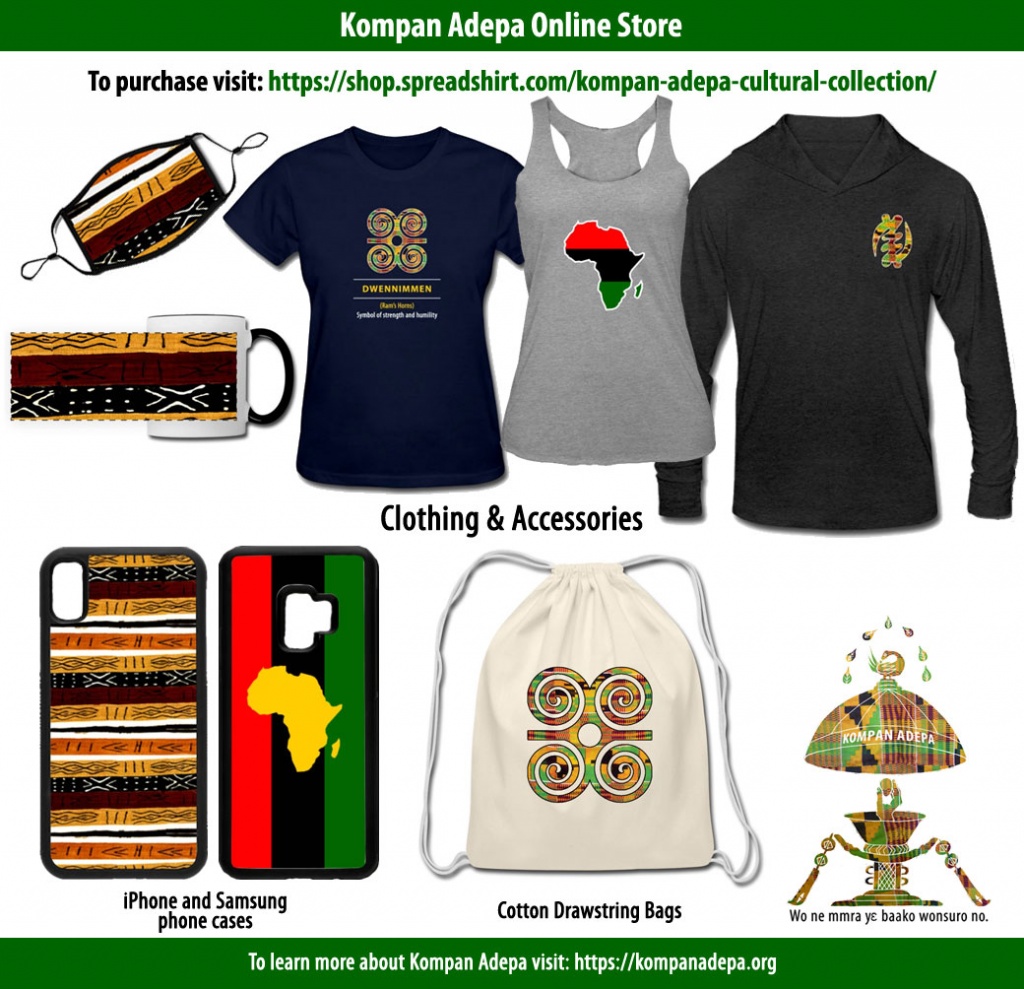THANK YOU TO THOSE WHO MADE A CONTRIBUTION TO OUR RITES OF PASSAGE PROGRAM – CLICK HERE

In most indigenous societies rites of passage is an essential part to mark and celebrate various stages of life. In Akan culture the different types of rites are: birth, puberty, marriage, childbirth, and death. Various rituals and other expressions of culture and spirituality are incorporated that includes the family and community.
Bragorɔ – Female/Puberty Rites of Passage
Bra – to come / menses gorɔ – to celebrate / play / have fun / play a game
Purpose To prepare young ladies for the roles and responsibilities of womanhood from an Akan perspective. In Akan culture (and most indigenous cultures) each member of society has a role that helps keep balance and order. The roles of women, men, elders and children create the foundation of our families, communities and nation. The women are the first teachers of the children, and through this transmission of knowledge it shapes our future and the communities we live in. It is also important that we live with a sense of purpose and fulfill our destinies. We must always do our best to make our mark on society, leave a legacy, and make our communities (and the world) a better place than how we found it.

1st Group

2nd Group
Some Requirements to Participate in the Bragorɔ
- The Bragorɔ candidate must have seen her first menses.
- The Bragorɔ candidate and their sponsor (i.e. parents, grand parents, or member of the immediate family) must be interviewed to determine if the sponsor is willing to ensure that the candidate will adhere to the rules and conduct of the Bragorɔ Rites of Passage.
- The Bragorɔ candidate and her sponsor must adhere to and respect the protocols of Akan-Bono culture.
- As Akan-Bono culture is primarily matrilineal, the Mother of the Bragorɔ candidate must be of African descent. We welcome people of various cultures to pay their respects according to Akan-Bono culture, however we will help them learn about engaging in a similar process from their ancestral lineage.
- This process will begin between February and March of the current calendar year where new participants can join. The cut-off date for new participants is March 31st. The entire process will take about 1 year to complete. The Bragorɔ candidate and her sponsor must be committed to completing the entire process.
- The Bragorɔ candidate must not have engaged in sexual activities and must not enter into such activities for the entire process. It is an honor and brings pride to the family of the Bragorɔ candidate when she maintains her virginity. As such the candidate will receive accolades and gifts for completing the Bragorɔ.
Cultural Education Curriculum Summary (includes but not limited to):
- Akan beliefs on what makes a human being
- Mogya and Abusua (matrilineal lineage)
- Nton and sunsum (patrilineal lineage)
- Learn to speak basic Twi (language of the Akan people of Ghana)
- Learn mmɛ (proverbs) and Ananse sem (Ananse stories/folktales)
- Different types of rites of passage (birth, puberty, marriage, childbirth, death)
- Dance(s) and song(s) associated with the Bragorɔ
- Conflict resolution
- Respect for elders
- How to handle peer pressure
- Learn about balance in various aspects of life (i.e. family, friends, school, health/wellness, extracurricular activities)
- Learn how to navigate through/live in a western society as a woman of African descent
- Qualities and responsibilities of a good wife and mother
- How to choose a good husband (if one is not selected for her)
- Changes of the body, hygiene
- Natural/alternative healing methods
- Sexuality, sexual taboos, etc.
Some of the activities include (but not limited to):
- Sewing
- Cooking
- Learning to grow food
- Family tree, family history research, getting stories and other wisdom from family elders
- Learning a new skill or enhancing a skill they already have that is not dependent upon a computer (i.e. sewing, jewelry making, pottery, art, learning to play a musical instrument, etc.)
- Fields trips to various places that will support the cultural education curriculum

For more information about Akan Rites of Passage send an e-mail to: akosua@kompanadepa.org
Our African Traditions Video
Our African Traditions Conference
Stream Online, Digital Download or DVD Set Available
Keynote Presentation by: Dr. Charles S. Finch, III
Featuring: Nana Kwaku Sakyi (Ɔbosomfoɔ/Traditional Priest) and Nana Kwesi Odaaku (Ɔkyeame, Amanmere Ɔpanyin/Cultural Elder)
Cultural Clothing & Accessories

Clothing and accessories featuring African proverbs, designs and symbols. A portion of the proceeds is used to support the youth and community in Takyiman, Ghana.
[ CLICK HERE ]
Join Our Mailing List
Sign up today and receive up-to-date information about our programs, initiatives and events.
[ CLICK HERE ]
